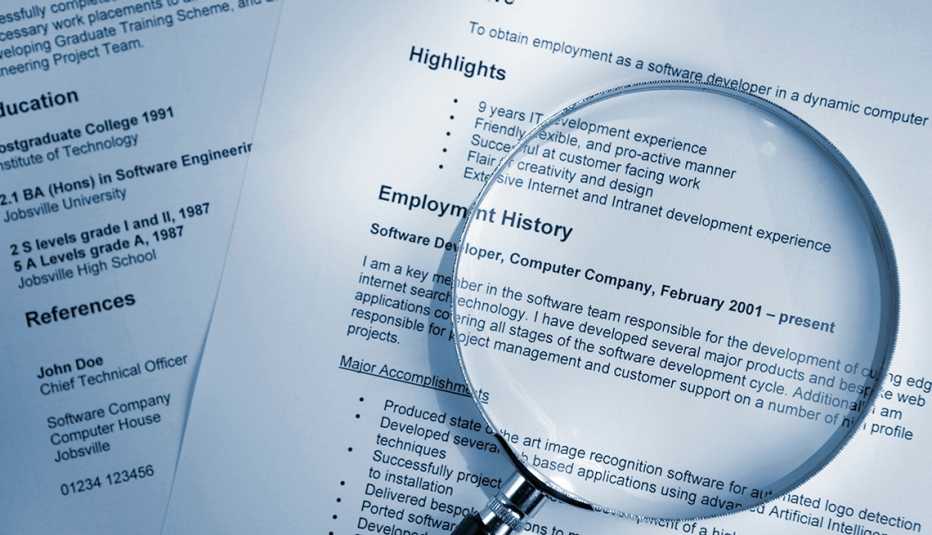AARP Hearing Center
It's a moment that many older adults dread when they're job hunting: the “what's your age?” question. Whether it's asking for a birth date or what year someone graduated from high school or college, questions that reveal age can leave many job seekers vulnerable to age bias. Some states, most recently Colorado are taking action to protect these workers.
The federal Age Discrimination in Employment Act (ADEA) protects adults age 40 and older from being penalized due to their age. But that law doesn't actually prohibit employers from asking how old you are. While the question could be used as evidence of bias in a lawsuit if you don't get hired, you would still need to go to court and prove that your age is why you didn't get that job.
That's a difficult hurdle to clear. Most job applicants never find out the real reasons why they weren't hired, and even fewer get proof strong enough to win a discrimination lawsuit.
Many older workers would like to see these questions banned. According to a recent survey, 67 percent of adults age 50 and older would support federal legislation to prohibit employers from asking for age-related information (like birth date or graduation date) on initial job applications. The survey of 1,102 adults was conducted in this spring by NORC at the University of Chicago in collaboration with AARP Research.
Which states ban age-related questions on applications?
While the ADEA does not prohibit questions about age, some state laws actually offer older adults better protection against bias that the federal law does. For example, in 2021 the Connecticut recently unanimously enacted a law that bans employers from asking about age, birth date or graduation dates on a job application unless the job specifically requires the candidate to meet a minimum age (such as serving alcohol in a bar).
"I have been saying for years, and the statistics bear this out, that no one should be vetted for a job simply because of their age,” said state Sen. Derek Slap, a Democrat who introduced the bill and worked for three years to get it passed. “We lose too much experience, too much opportunity, and too much economic activity when certain folks are prevented from even getting their foot in the door for a job. That will soon come to an end, and Connecticut and its older workers will be better for it."






























































